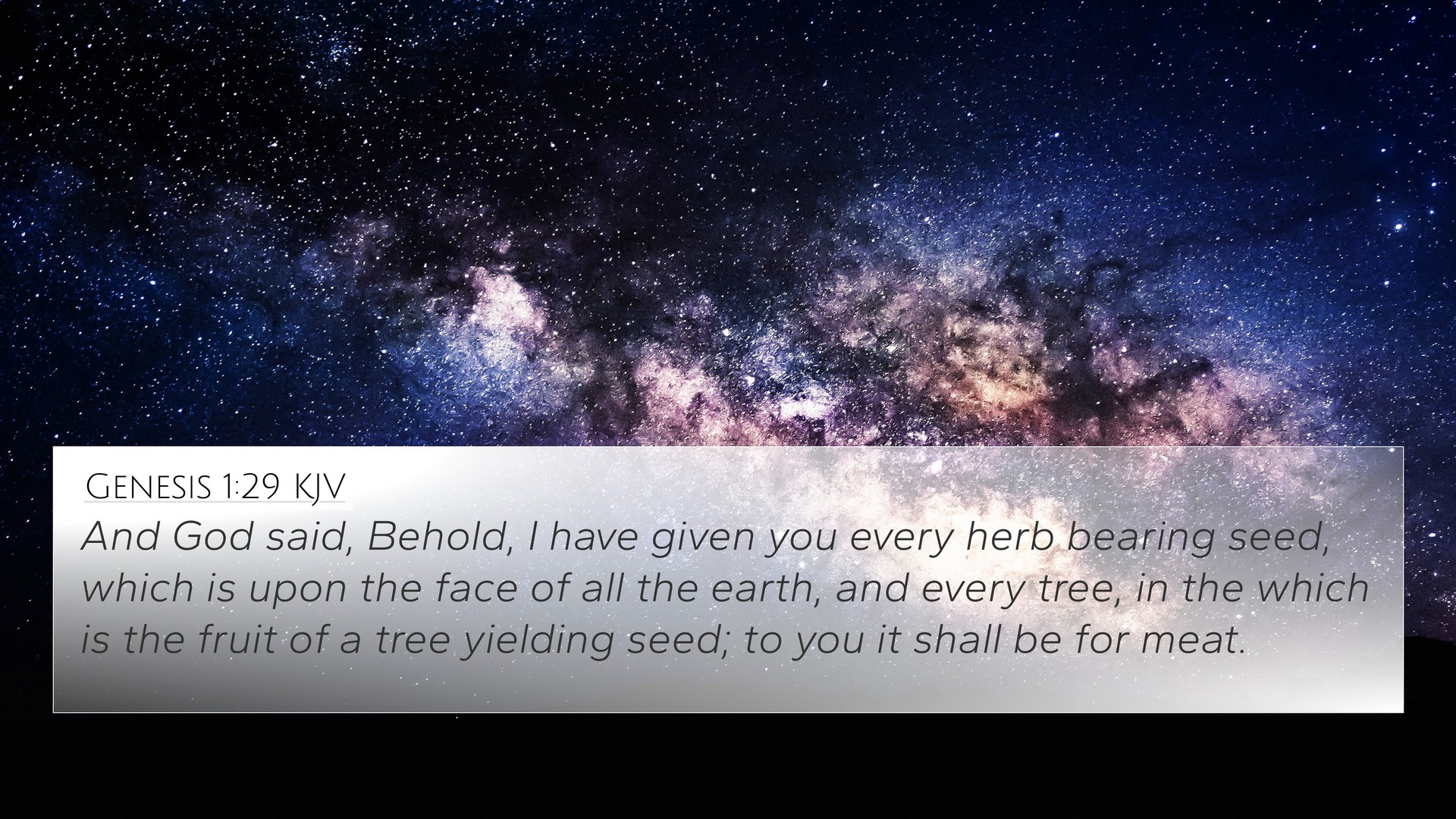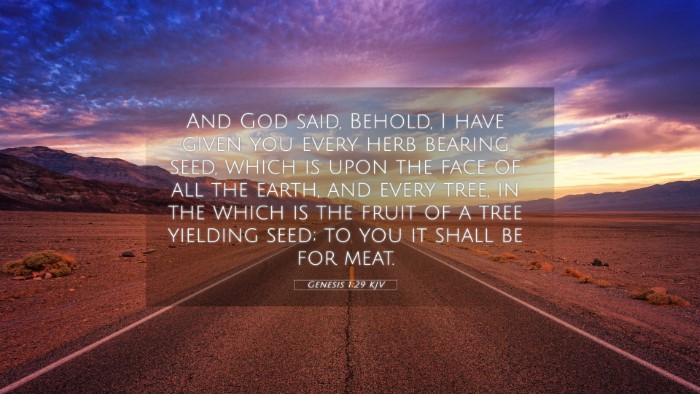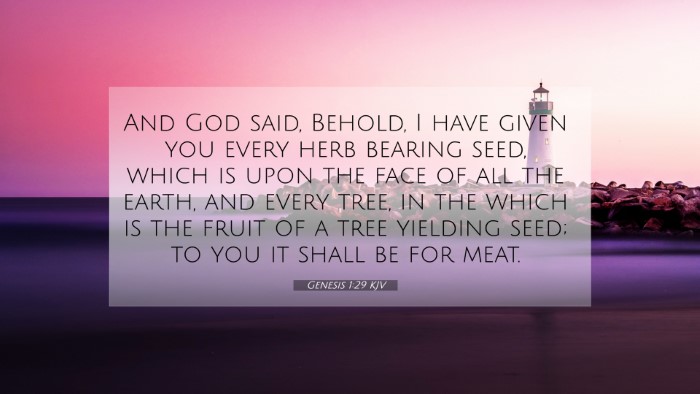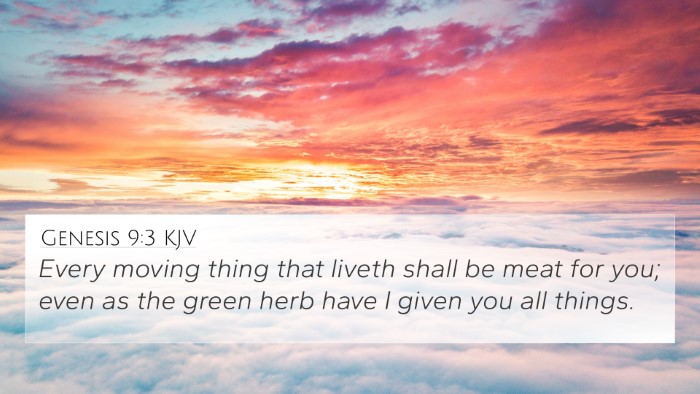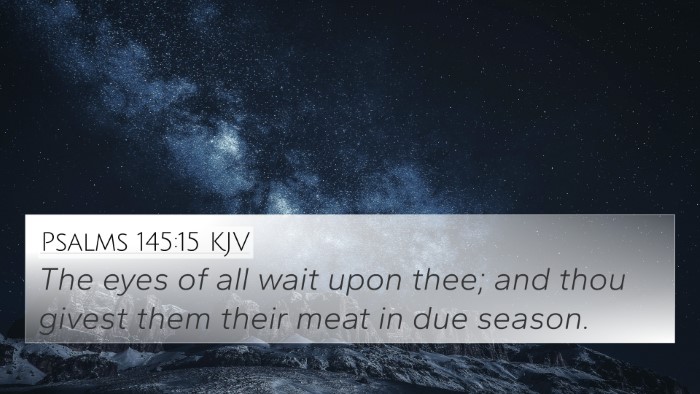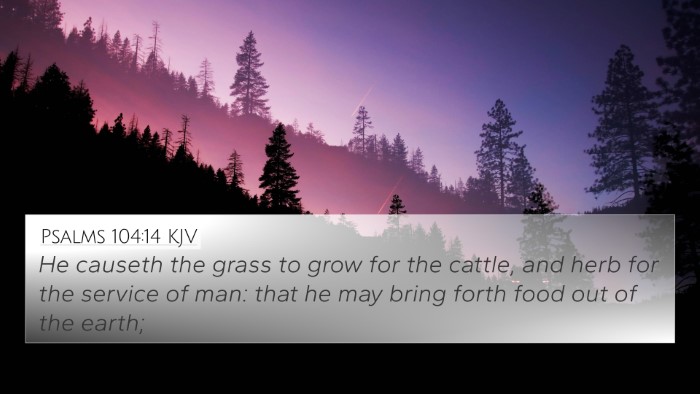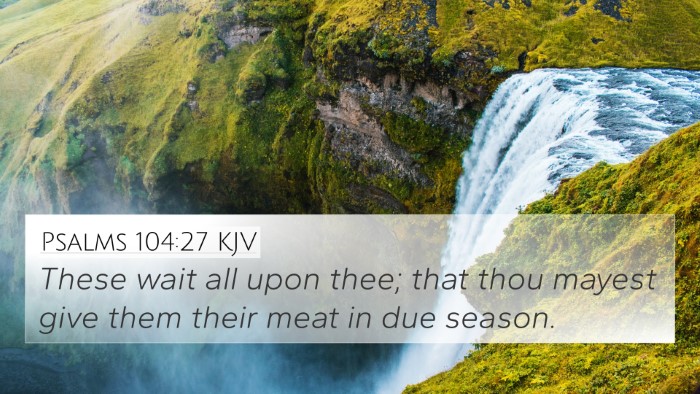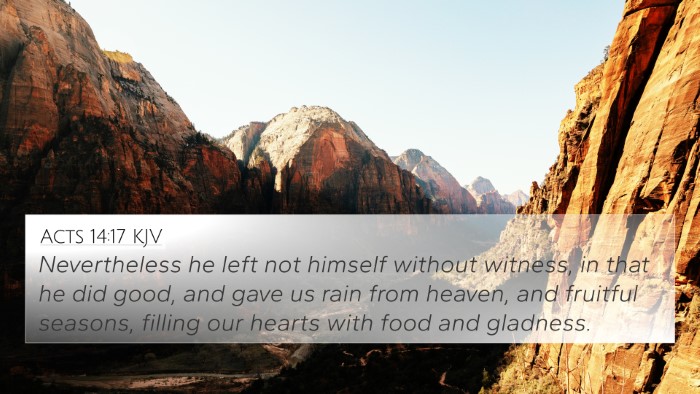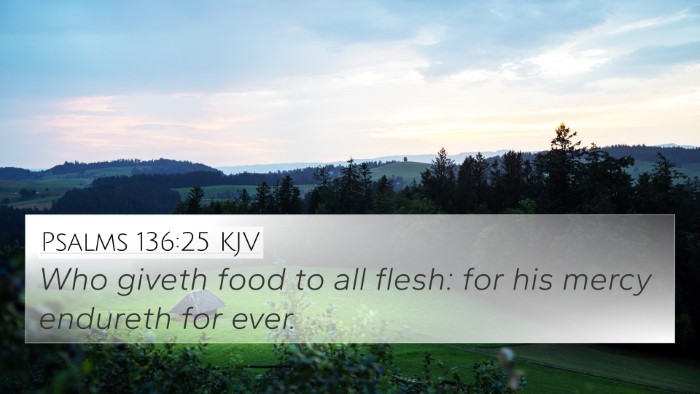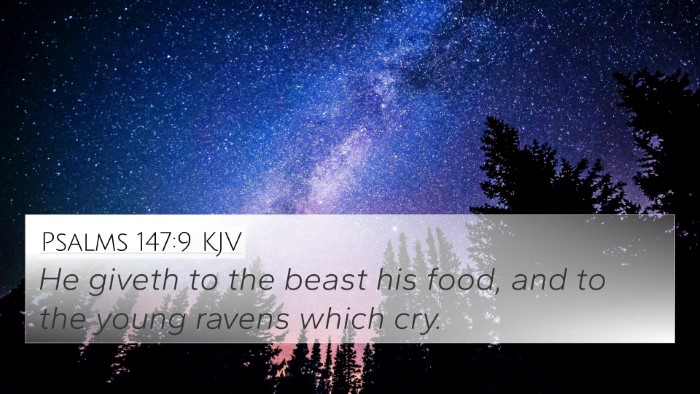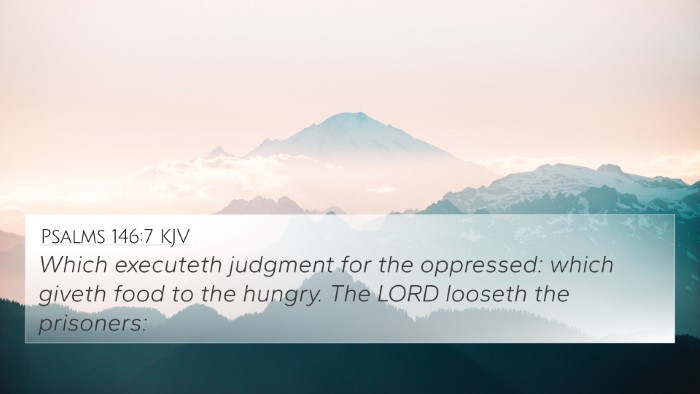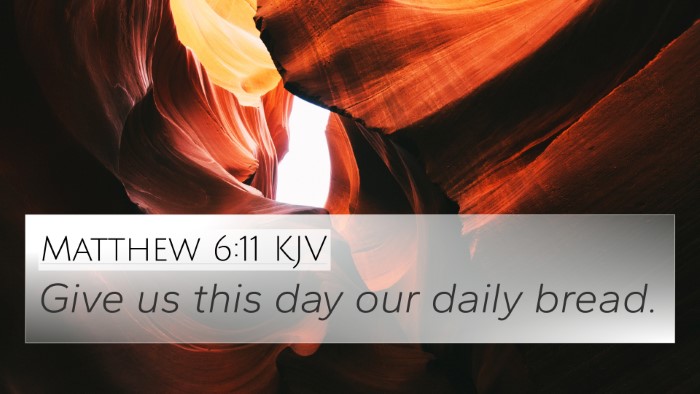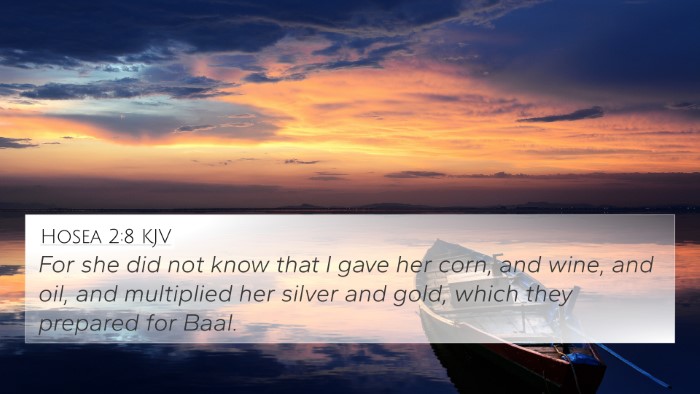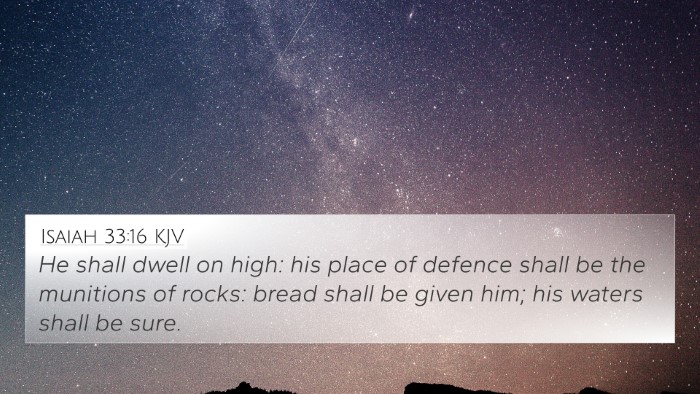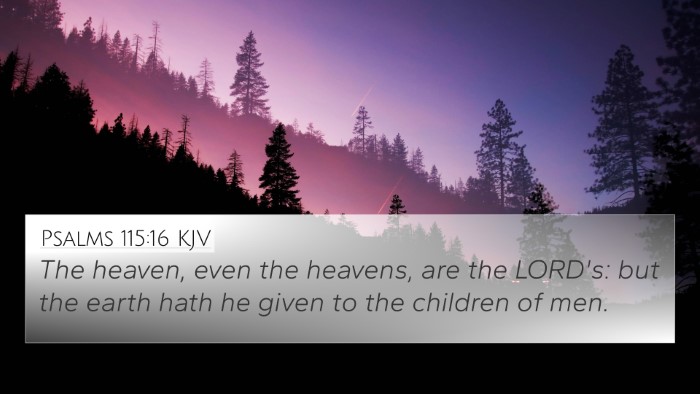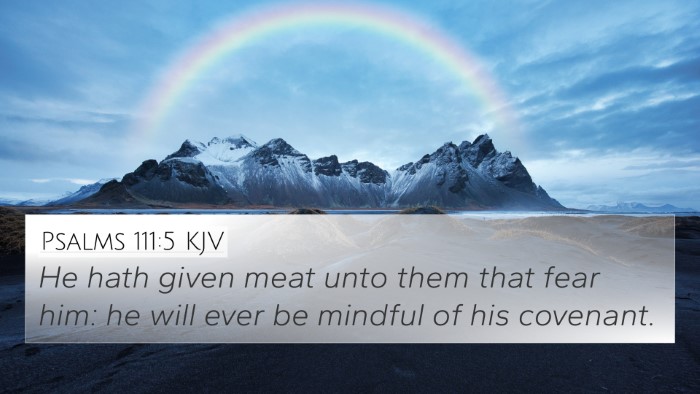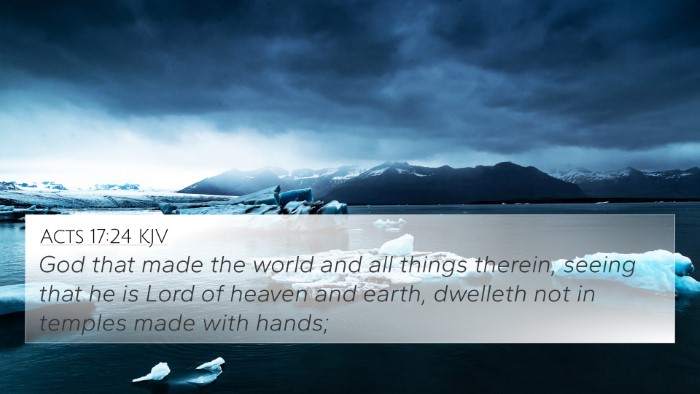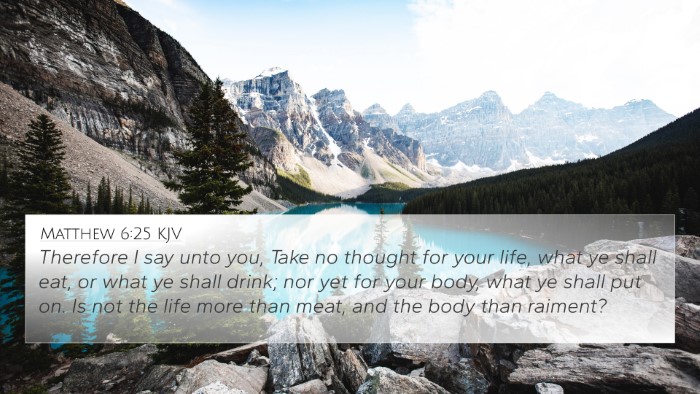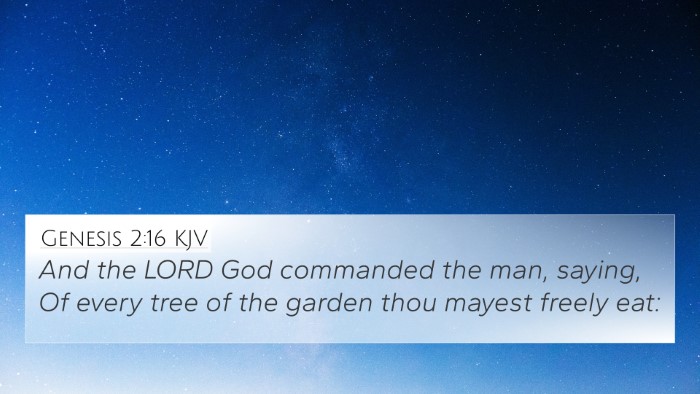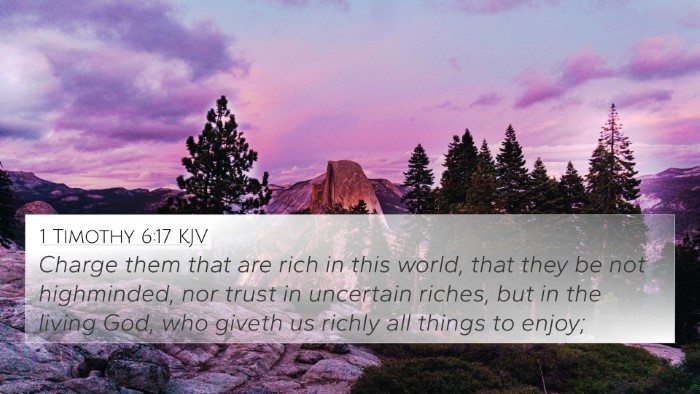Genesis 1:29 Meaning and Interpretation
Genesis 1:29 reads: "And God said, Behold, I have given you every herb bearing seed, which is upon the face of all the earth, and every tree, in the which is the fruit of a tree yielding seed; to you it shall be for meat." This verse is part of the creation narrative, where God designates provisions for mankind.
General Overview
This verse serves multiple purposes in understanding God's provision for humans and the created order. It expresses the idea that God has equipped humanity with the necessary resources for sustenance. The mention of "every herb" and "every tree" signifies an abundance of nutrition provided by God. According to commentary by Matthew Henry, this reflects God's care and foresight in providing not only for man's physical needs but also for the nourishment required for their spiritual and communal growth.
Commentary Insights
- Matthew Henry: Emphasizes that God’s provision was meant to sustain life and promote physical and spiritual well-being.
- Albert Barnes: Points out the distinction God makes in providing plants for food, highlighting their importance in the early human diet.
- Adam Clarke: Notes the specific intent behind God's creations, suggesting that the use of herbs and fruits promotes a harmonious living with nature.
Thematic Connections
This verse connects to several broader themes within the Bible:
- Provision: The consistent biblical theme of God providing for His people (Matthew 6:31-32).
- Sustenance and Spiritual Nourishment: The importance of spiritual food is echoed in the New Testament (John 6:35).
- Creation Care: God’s intention for humanity to steward creation (Genesis 2:15).
- Gratitude and Acknowledgment: The call to give thanks for God’s gifts (1 Thessalonians 5:18).
Cross-References of Genesis 1:29
This verse is connected to several important verses throughout the Bible that reinforce its message:
- Genesis 2:16-17: God’s command regarding the trees of the garden.
- Psalm 104:14-15: Mention of how God provides food for all creatures.
- Matthew 6:26: Jesus teaches about God’s provision for birds.
- Philippians 4:19: Assurance that God will supply every need.
- 1 Timothy 4:4-5: God’s creation of food for enjoyment and sanctification.
- Romans 14:17: The kingdom of God defined by righteousness, peace, and joy, implying sustenance.
- Revelation 22:2: The tree of life bearing fruits each month, linking to eternity's provision.
Connections between Bible Verses
Understanding Genesis 1:29 requires comparative analysis with other scriptures that discuss creation and God's provision:
- Thematic Bible Verse Connections: Connecting the creation of food to Psalm 145:15-16, which elaborates on God’s provision for every living thing.
- Bible Verses That Relate: Cross-referencing with John 15:1-5, where Jesus speaks of being the true vine, providing sustenance.
Tools for Bible Cross-Referencing
Using a Bible concordance or a cross-reference Bible study guide allows deeper exploration into the themes present in Genesis 1:29. Tools such as these can help in identifying related themes and verses efficiently, paving the way for a deeper understanding of the interconnectedness of biblical texts.
Bible Study Application
For those preparing sermons or personal studies, it's beneficial to engage with Genesis 1:29 through the lens of its cross-references. The inclusion of related verses can enhance the depth of understanding:
- Consider how the creation of food informs our understanding of God's character and His relationship with humanity.
- Reflect on how this verse can guide our ethical considerations regarding food consumption and environmental stewardship.
Conclusion
Genesis 1:29 encapsulates critical theological themes of provision, sustenance, and God's abundant creation. The insights of various commentators underscore its significance in both historical and contemporary contexts, providing a foundation for deep scriptural engagement.
